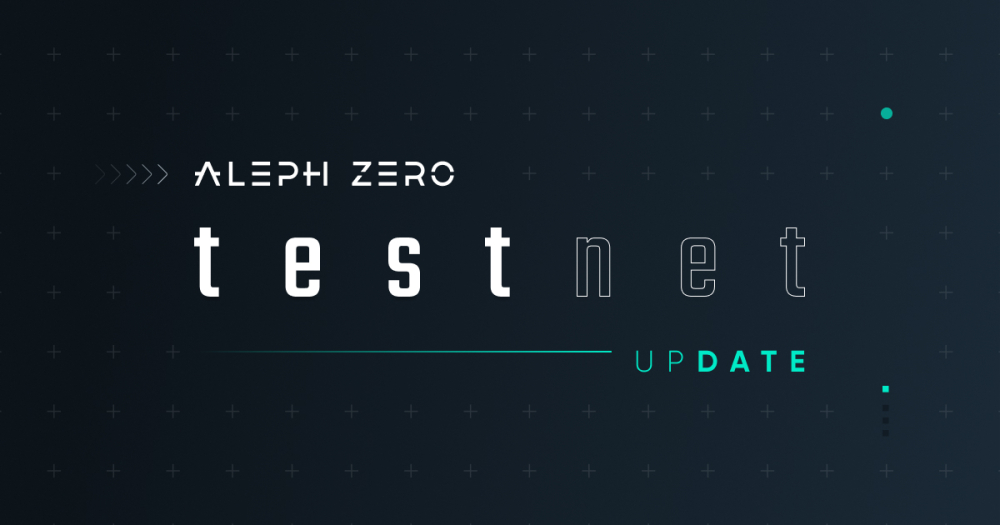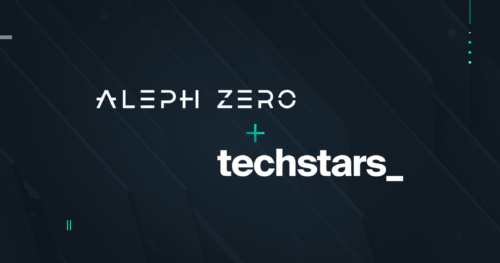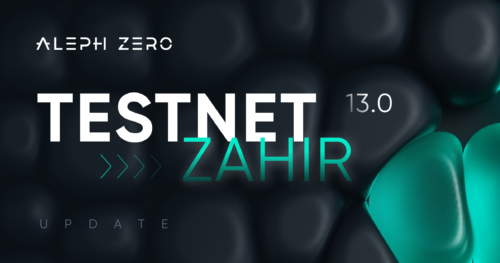Aleph Zero Testnet Update: Staking, Elections, Anti-spam, And More
Mar 18, 2022

We’ve just concluded the largest network update to date and deployed them on the testnet to bring significant upgrades to the Aleph Zero network. Here’s what’s new.
This latest update has been our focus for the past couple of weeks, with the development team working tirelessly to deliver an entire set of new functionality to the Aleph Zero network. The typical deployment scope first requires new features to be deployed on an internal devnet, where most of the dirty work happens. Pushing changes to testnet typically means that within the next four to six weeks, the update will be implemented on the mainnet and therefore available for the general public.
Aleph Zero en route to decentralization
Here’s what today’s update brings:
- Improved finality gadget resilience for processing forks on old branches, fixing data availability problems.
- Massive network upgrade adding a new protocol for direct communication among committee members.
- Staking: enabling nominating validators and introducing constant inflation of 30M per year.
- Elections: introducing Proof-of-Authority elections as a first step towards open elections.
- Utility: enabling users to send transactions in batches.
- Anti-spam mechanism: dynamic fee adjustment related to block saturation.
While there has been significantly more work executed on the maintenance side, there are four notable updates from a user’s standpoint.
Staking is most likely the one that our community has been waiting for the most; we’ve described our initial proposition for the staking mechanism in detail here.
With elections, we’re getting even closer to making Aleph Zero properly decentralized, and are extremely excited about this.
Utility-wise, sending batch transactions will make our daily lives with Aleph Zero easier.
Lastly, we’ve introduced an upgrade to Aleph Zero’s anti-spam mechanism, proposing a dynamic fee adjustment based on block saturation. Whenever the network will recognize malicious behavior, the fees will be adjusted accordingly. This update won’t affect non-malicious users anytime soon.
We expect all the above to be implemented on the mainnet within the next several weeks.

